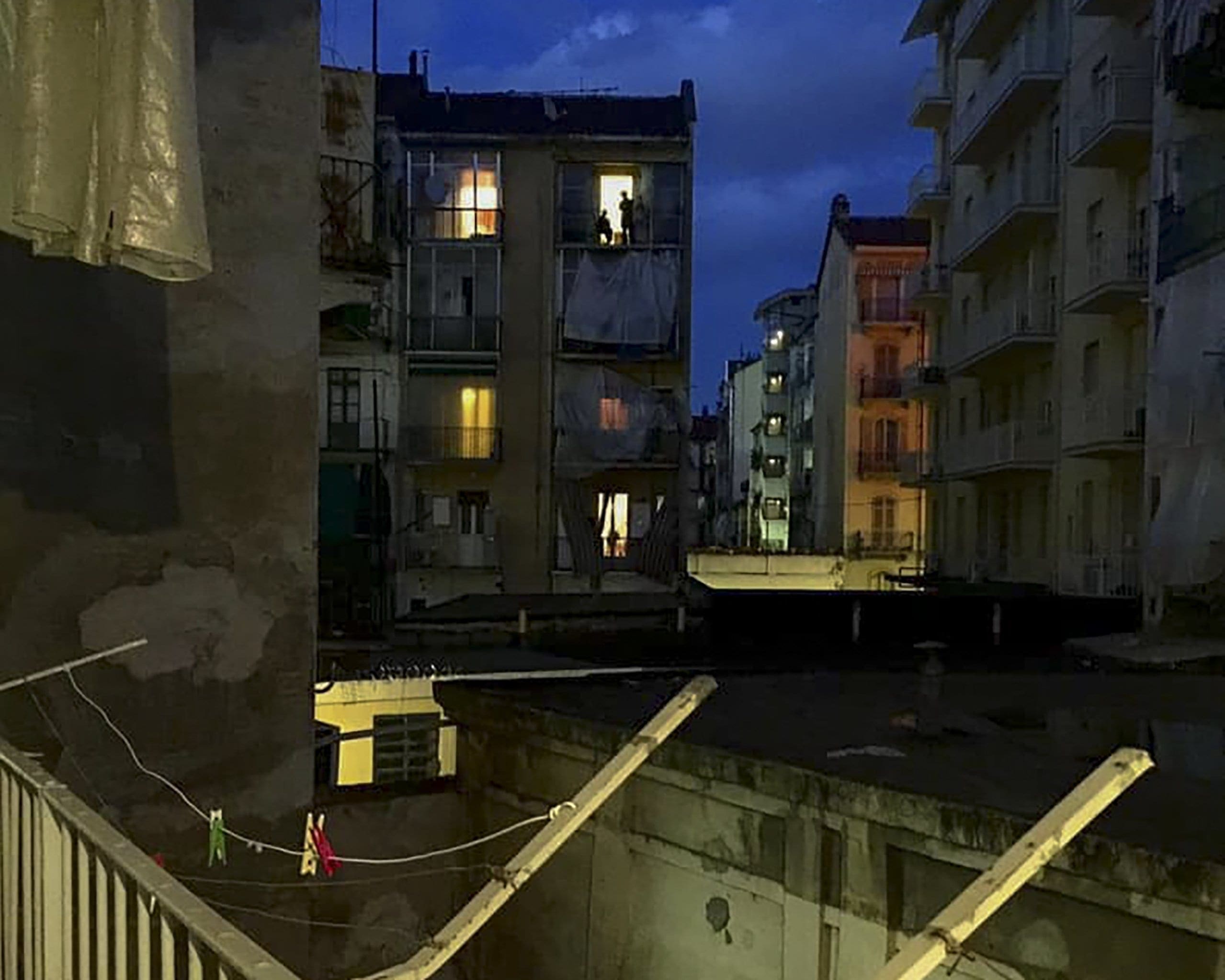We asked our authors and our network to answer three questions on how they are coping with this challenging moment in history. Here is the interview with RITA SANZI, journalist and author of DooG Reporter.
Is there any beauty in the world, even mundane, that you have rediscovered in this time?
In the sixty days enclosed in a few square metres (and in this last handful of days, made up at last of walks and takeaway coffee), I have rediscovered a time and thoughts that are finally slow. I reread what I had forgotten and recovered books that had been on my list for too long; I realised with surprise that I like cooking, I wrote at night and slept after lunch, and I stopped planning and rushing.
I have rediscovered the capacity we have to go through the things that happen, to reinvent ourselves in the face of changes bigger than ourselves and our plans, and to compensate and make up for shortcomings by finding new ways of being there for those we love.
How do you think your profession has changed or will change?
I try not to wonder what will ‘happen’ to me as a journalist; the answers I give myself when faced with my questions scare me. I still cannot imagine a new way of telling lives that are not my own. To bring a story to life, to write a reportage, is to live alongside those you tell in the place you describe. Telling is closeness. For now, I want to think, perhaps deluding myself, that a world of people meeting without fear of others will be possible again.
A picture, a book and a song that represent this period for you.
The image that will come back to my mind most often when I think of these moments is that of my neighbours’ windows: their voices and quarrels, their laundry hanging out, were my contact with the outside world, the consolation of not being alone when the walls of my room oppressed me.
The books that left the most impression were those from the Old Testament, which I could reread with the attention they deserve: our powerlessness and transience in the face of and in history are all there.
And then the novel Il cielo comincia dal basso by Sonia Serazzi. I read it on my birthday, three days after the start of the lockdown: I was reading and crying, imagining myself with my family and facing the sea, which was far away.



